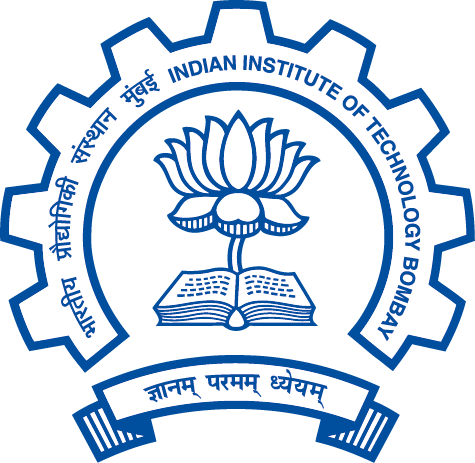What I expect from you
- Do the homework. I'll expect that the steps 1 and 2 of the above workflow will primarily be driven by you.
- Have patience. No good work gets done without patience. You need to spend time with the problem to solve it. It's very unlikely that the first attempt will work. If the first attempt doesn't work out in the ideal way you expected, e.g., a new result within a week/month, have time to introspect and rework. If the project is left midway, it is a significant waste of my time. The progress is difficult to match as a different student has to start from stratch with my efforts repeated. Statistics show that a large number of students leave the project between the steps 2 and 3 above. This is not to dissuade you in any way, rather to give you a complete picture so that you can estimate how much time and effort you can commit for a project with me. If done efficiently, these tasks (spread across 2-3 months) do not take more than 15-20 hours of work per week (roughly two days). However, publishing your work takes time and the suggestions given by the reviewers need to be worked on, and I'd like to have you onboard the project until it gets published.
- Understand that research is NOT an assignment. There are no set of questions that you solve and get the grade. No, the fundamental difference between assignment and research is that for the assignment, the answers are known and the questions lead you in a feedforward manner to the answer, while for research, the answers are NOT known, and therefore, often researchers take a reasonable path, more often than not, fail, come back, correct the question, and try again -- this feedback loop is sometimes long, unless one is really lucky. So, if you take research as an assignment and don't stay prepared for correcting the things done in the project earlier, that may not work out.
- Remember. Easy work is hardly good, and good work is hardly easy.
What you can expect from me
- Guidance. I'm ready to help you in all the steps in the workflow (with more emphasis on 3 and 4). Depending on the problem, the efforts may vary, but this will be an advisory role. You need to work actively on the project, find new results, run experiments etc. I'll certainly help you in fine-tuning the approach to get the results and writing things formally. However, that is possible only when a tangible work is done and you are patient enough to pursue it till completion.
- Regular interaction. I generally have regular meetings (physical or virtual) with my advisees to discuss the progress of the problem. We discuss the difficulties and brainstorm new ideas.
- Fun activities. Travel and food :-) For more details, see the group page.
What to write in the email
If this workplan sounds good and you can commit to it, only then we can get started. Send me an email with references to papers that you have read and what problem you plan to work on (this is part of step 1). How your plan of approach is different from what you have read in the literature? Try to keep the email short -- roughly within 200 words. You should certainly attach your short CV, that includes (a) your education (academic past), (b) courses credited (don't put audited courses), (c) brief description of past research projects and publications (if any), (d) honors and awards (if any).
If you have read this far, thank you! Please mention this (last)name (spelled correctly) in your subject line to indicate that. Just in case you are curious what that lastname is, you should Google it with the query 'that lastname + theorem'.
Important: I can figure out ChatGPT emails and do not read them.
